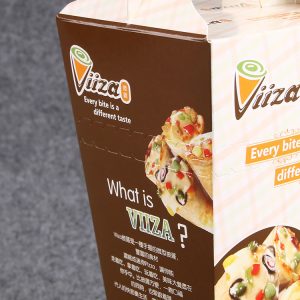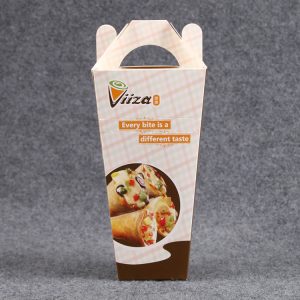Reducing food waste with eco-friendly packaging is a crucial step in promoting sustainability and addressing the environmental impact of the food industry. Eco-friendly packaging can help preserve food quality, extend shelf life, and prevent spoilage, thereby reducing the amount of food that goes to waste. Here’s how eco-friendly packaging can contribute to waste reduction:
- Improved Shelf Life: Eco-friendly packaging with enhanced barrier properties helps protect food from external factors like moisture, air, and light, which can lead to spoilage. By extending the shelf life of perishable products, less food goes to waste.
- Preserving Freshness: Packaging designed to maintain the freshness of fruits, vegetables, and other perishables ensures that the products stay appealing and safe for longer periods, reducing the likelihood of premature disposal.
- Portion Control: Eco-friendly packaging can be designed to provide portion control, especially for single-serve or individual-sized products. This reduces the chances of consumers buying more than they need and subsequently wasting excess food.
- Transparent Packaging: Clear and eco-friendly packaging allows consumers to see the product inside, enabling them to assess its freshness and quality before purchase. This helps consumers make informed decisions and avoid buying products nearing their expiration date.
- Smart Packaging Solutions: Incorporating smart packaging technologies like time-temperature indicators or freshness sensors can provide real-time information about the product’s condition. This allows consumers to use products before they spoil, reducing wastage.
- Bulk Packaging: Eco-friendly bulk packaging options enable consumers to buy in larger quantities, reducing the overall amount of packaging used and potentially offering cost savings.
- Reusable and Resealable Packaging: Reusable containers and resealable packaging allow consumers to store unused portions, preventing waste and maintaining product freshness.
- Compostable Packaging: Packaging made from compostable materials can be used to collect food scraps and packaging waste, diverting them from landfills and enabling their conversion into nutrient-rich compost.
- Educating Consumers: Providing clear information on the environmental benefits of eco-friendly packaging and educating consumers on proper storage and disposal can encourage responsible consumption practices.
- Collaboration and Innovation: Collaboration between food producers, packaging manufacturers, and policymakers can lead to innovative packaging solutions that prioritize waste reduction and environmental sustainability.
- Food Redistribution: Eco-friendly packaging can facilitate food redistribution initiatives, allowing surplus food to be safely transported and donated to those in need.
By embracing eco-friendly packaging solutions and implementing waste-reduction strategies, the food industry can make significant strides in minimizing food waste and contributing to a more sustainable future. Consumer awareness and support for such initiatives are equally important in driving positive change.








